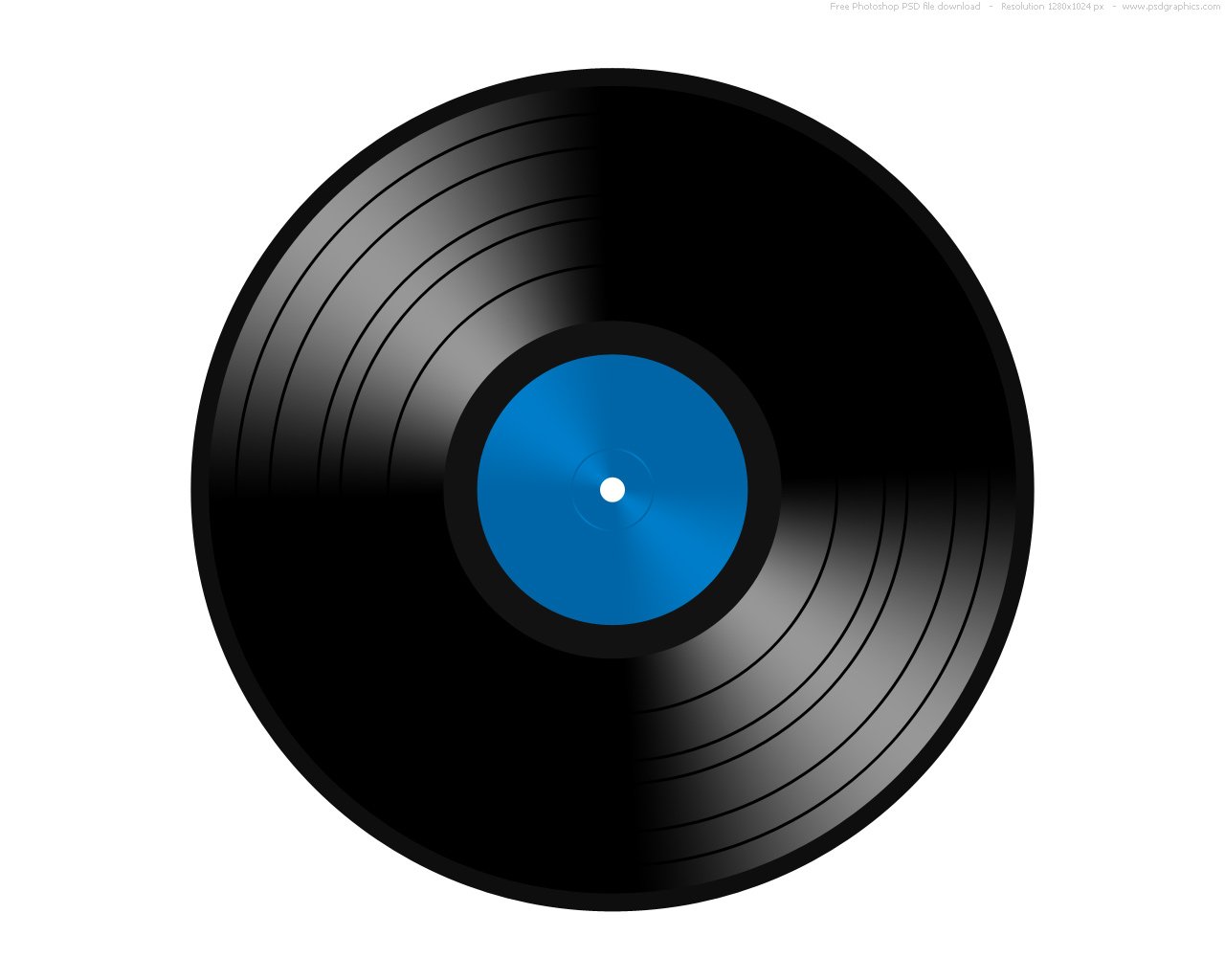A lot of artists I know think the first step to licensing music is registering with a PRO (Performing Rights Organization). Interestingly, when it comes to getting your music in commercials or on TV, this is quite often the last necessary step (albeit a VERY important one).
ASCAP, BMI, and SESAC are entities that collect royalties in the United States. They then distribute these royalties to their members based on complex equations that mostly, don’t work very well. But that’s another article.
How does a PRO work, and do they license music in films, TV, and commercials?
The PRO’s talk a lot about how they license your music, and that’s true! But what you may not understand is that they’re collecting licensing fees from restaurants, broadcasters, radio stations, and more. Their goal is to get CBS or The Olive Garden to pay them an annual fee. They then take that fee and divvy it up among that PRO’s registered members.
Are they actively trying to get your music placed in television or trying to convince every McDonald’s to play your latest CD? No.
However, they do have a very important role if you do get your music licensed for movies, a commercial, or other media that gets performed for an audience (which includes broadcast uses).
Once you get your music on television and the show or commercial starts to air, it is technically being publicly performed. Think about it – your work is being performed, and an audience people are hearing the rendition.
Each public performance garners a set fee. These fees depend mostly on the time of day (prime-time, daytime, etc), broadcast channel (cable, pay cable, network) and type of performance (is your song in the background, is it a theme song?).
Those fees are monitored, recorded, and finally distributed to the songwriters and publishers who own and represent them.
So if you are able to secure music placements on TV or in commercials, you’ll definitely want to get setup with a P.R.O. right away! If you’re an up-and-comer however, you may be better off focusing your initial outreach on landing a music publishing deal or contacting music supervisors to try and get your music licensed first.
If you’re REALLY serious about getting your music licensed, subscribe to my newsletter for a free 8-part how-to course, music publishing 101 audio download, and more!




